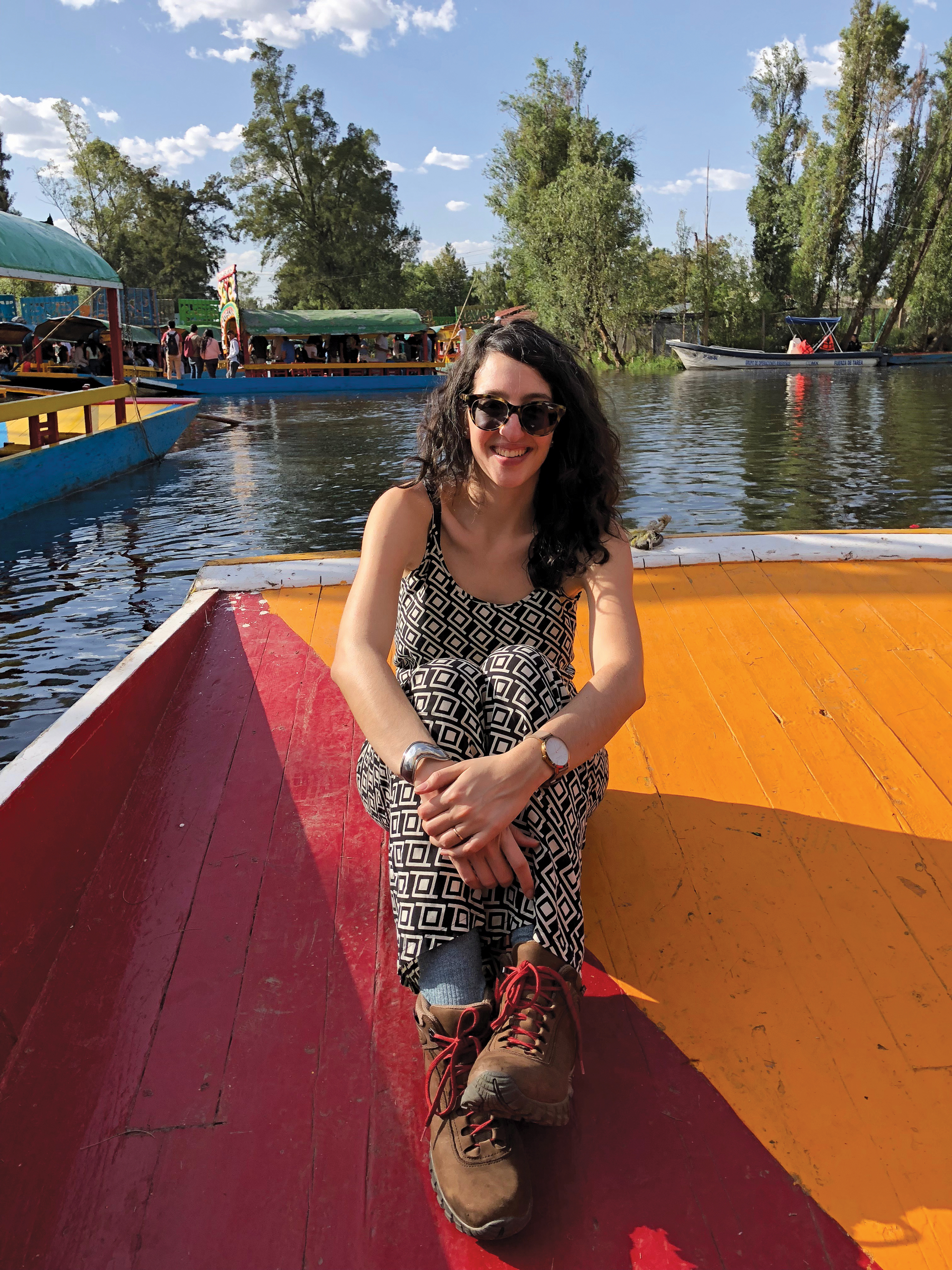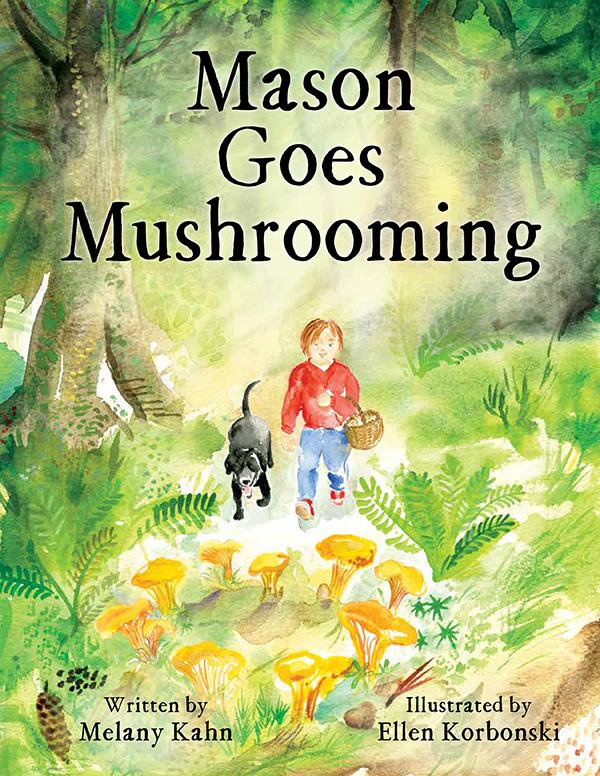Spotlight: Managing Editor, The New Yorker, Emily Greenhouse ’08

Q: What was your path to the New Yorker?
A: My father is a newspaper reporter, and his 30-plus year career at The New York Times was the defining element of my childhood. I don’t know if I consciously decided to model myself after him, but I can see that I have—in the college I went to, the major I chose, and the field that I work in. My dad was a red-diaper baby, raised to think about the mistreatment too many workers suffer. He did good work for a well-respected newspaper that made a difference in the lives of those he covered.
At Wesleyan, I realized that I was probably a bit slower, maybe more reflective, than my dad, and certainly more oriented to what we now call “long-form journalism.” I graduated from Wes into the Great Recession and applied for entry-level editorial assistantships in Europe. A couple of years later, David Remnick, the editor of The New Yorker—who, not coincidentally, has the curiosity of the newspaper reporter he long had been—was looking to fill an opening. The New Yorker has been my favorite thing to read since tweendom, a trusty guide, a portal to elegant, witty, and wise, even moral, thought.
I worked as David’s assistant for two years, then left to be a reporter at Bloomberg, covering gender and politics in the 2014 midterms and 2016 election campaign. In spring 2016, I came back to work as managing editor.
Q: And what is the managing editor’s role?
A; First and foremost, I make sure that every writer is on a story, that every editor is working on various stories, and that the stories we want and need to be covering are assigned. Issue by issue, it’s important to me to ensure diversity when it comes to story mix and bylines (which is to say, perspectives).
I’m a natural busybody. I talk to everyone—writers, editors, bosses, assistants, digital strategists, publishers, administrators, audience developers, social media whiz kids, consumer marketers—about their experiences and their frustrations and their wishes. For me, it’s about making sure that the operation, businesslike and steady as it must be, feels human to all the people who work to make the magazine what it is.
Q: Is this a magazine your contemporaries read?
A: Every morning on the A-train, I spot people either reading The New Yorker or carrying The New Yorker tote bag—often both. It’s a thrill to see how popular the magazine is with readers 10, 15 years younger than me. My colleagues and I work extremely hard to discover and nourish surprising, thoughtful, energetic voices from all kinds of places and platforms. That is a—if not the—key to The New Yorker’s success. We can’t afford to stop being hungry, to stop searching for new thinking and new writers.
Q: Are contemporary articles substantially different than the kinds of articles The New Yorker might have published 20 or 30 years ago? In what way?
A: Today, like 50 years ago, The New Yorker publishes deeply, carefully reported news and feature stories; fresh political commentary; incisive criticism; quiet, observational essays; and plenty of cartoons. That mix still holds true, but with the dictates of the Internet and the Twitterverse, we’re thinking more about our breaking-news apparatus. The groundbreaking reporting of my colleagues Ronan Farrow and Jane Mayer, for instance, on powerful male figures like Harvey Weinstein and Eric Schneiderman, has first met readers online.
Q: Do you feel the weighty responsibility of a tradition of excellence—or does The New Yorker wear its mantle more lightly?
A: My dad came up in journalism in an age when The New York Times, his employer, commanded profound institutional respect. This is something that I feel, emotionally, but it’s not a respect that we can take for granted. We must move faster than ever, but we cannot allow any slack when it comes to our standards. Donald Trump may cry “fake news,” and it’s true that we see the erosion of unassailable respect for fact. That’s scary. But at the same time, Trump more than anyone understands the currency of attention and making news. We’re living in a wild, overstimulated moment, but reporting in The New York Times, The New Yorker, and other publications is having societal and also legal ramifications: helping victims around the world speak out, speak openly.
Q: Any advice for younger alumni who have set their sights on journalism?
A: It’s too easy to be enamored of the cult of precocity. Great work, for most of us, takes time. I love something the novelist Lauren Groff said recently, when asked to name a book by another author that she wished she had written. “Wishing you’d written another person’s book is like wishing you had another person’s soul.” Now, I still wish I could write her books, but it’s a necessary reminder.
This industry, this world, is in constant flux. Study those you admire but know that they, too, are fallible—that no one knows the future of the industry. Read widely, read more than you write. (Some people say the opposite!) Help us figure out how to support local news, how to restore people’s faith. Run away from the pool spray—realize that your attention is your gift. Be patient, and observe, and be kind.

